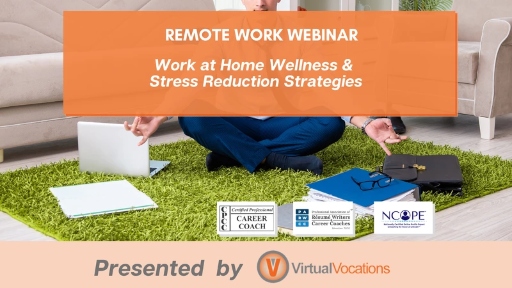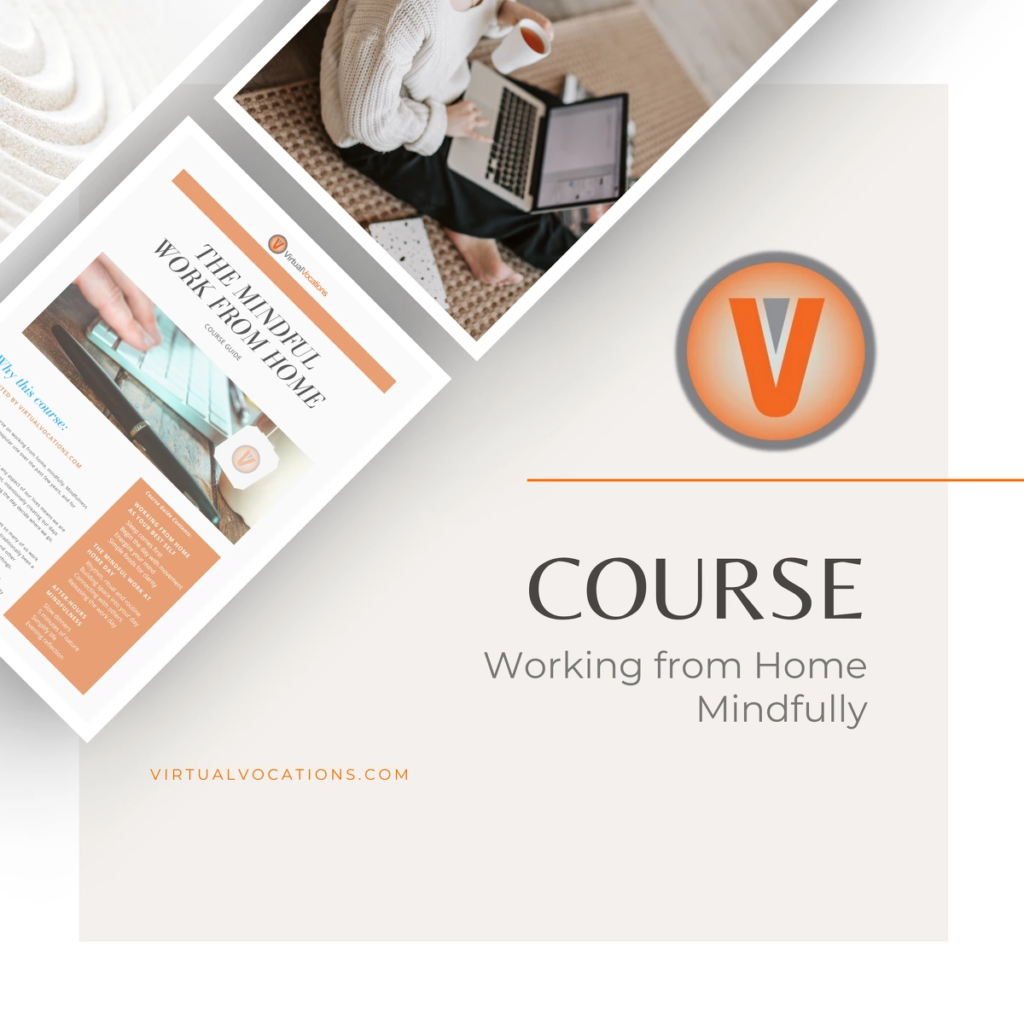They say that everything old is new again, and that phrase certainly applies to the new buzzwords invading corporate work culture. Phrases such as “hustle culture” and “quiet quitting” are getting a ton of media attention, however, they are not new. They are just the newest way to label commonly recurring problems experienced by working people.
What is Hustle Culture?
“Hustle” is a word that has been around for a very long time. Since the late 1800s, it has referred to “gumption” and “hard work” — inferring that not having hustle is undesirable. The word hustle has always had a dark side too, and can refer to an illegal activity or duping people in some way. For example, people are hustled by con men, or they may operate an illegal hustle.
In today’s corporate environment, hustle culture refers to the expectations of employers, or of the worker themselves, to go over and above in the performance of their work. Hustle refers to taking on extra responsibilities, working extra hours, or saying yes to all career-related opportunities. It can also mean taking on more than one job, for example, getting a side-hustle as an Uber driver.
All of this effort is to “get ahead” and if you can promote it on social media, that’s even better. Hashtags such as “rise and grind” and “thank God it’s Monday” are just a couple of examples of how hustle culture is glamorized in today’s workplace.
When Hustle Culture Is Toxic
Is rising and grinding all that it’s cracked up to be? Does all this hustling really get you ahead and living your dream? While voluntarily taking on a side-hustle or going the extra mile at work can be empowering, hustle culture becomes toxic when it is excessive or obsessive. This is especially true when hustling is an expectation of the manager or organization. Consistently being required to go over and above your actual job duties can lead to another dark side of hustle, high levels of stress and burnout.
What Is Quiet Quitting?
Quiet quitting is simply doing your job, no more and no less. It’s not necessarily slacking, it’s more about not feeling like you must constantly do more. Another social media hashtag, #quietquitting is a new name for an old idea. Doing no more than your job requires is also known as “work to rule,” an effective work stoppage tactic used by labor unions as an alternative to striking.
Reinvented by millennials and Gen Z workers, quiet quitting promotes the idea that people can be committed to doing a great job, while maintaining healthy work-life boundaries. It reflects a dissatisfaction with hustle culture and a tacit acknowledgement that it isn’t working for them. Working late isn’t resulting in promotions, taking on extra work doesn’t earn pay raises, and responding to emails at 2 a.m. is definitely not getting extra recognition.
Younger workers were also the main drivers of the recent “Great Resignation.” A quick review of recent research illustrates how their values are reflected in the quiet quitting movement. One survey of 900+ American workers conducted by Zety identified the main reasons for quitting jobs during the great resignation. Below are a few of the findings that highlight the disillusionment with hustle culture:
- 67% quit due to low pay
- 66% quit because of limited career opportunities
- 65% quit because they didn’t feel valued by their manager
It’s also worth noting that 55% of workers indicated they quit rather than return to on-site work after working remotely.
Is Quiet Quitting the Solution to Toxic Hustle?
The answer to this question depends on the cause of your particular version of toxic hustle. Quiet quitting is an effective solution to overwork, lack of healthy work-life boundaries, and employers who take advantage of individuals trying to get ahead. However, it is probably not a solution that addresses the reasons for quitting listed above. That research conducted by Zety appears to indicate that millennials and Gen Z workers are not feeling their efforts are being recognized or rewarded. If that is the case, then not doing anything more than what is strictly required of you is unlikely to improve your pay, opportunities, or value by management.

How to Avoid Hustle Culture
So, if quiet quitting isn’t the solution, what is? Below are a few suggestions on how to prevent your hustle from getting toxic.
1. Empower Yourself to Be Unique
Peer pressure can be a big reason hustle culture can become toxic. Hustle can be part of the organizational culture that demands employees to work excessive hours, or it may be something you feel goes along with your chosen profession (lawyers are a good example). If you find yourself unable to keep up, believe in yourself and define your own success.
2. Remember “Why”
If you find yourself caught up in the hustle, try asking yourself why you are working so hard. If it’s part of a passion project, are you still passionate about it? Are you trying to earn extra money? If so, is it important enough to earn that extra money that you risk your mental health? By reevaluating what you’re doing and why you are doing It, you can make healthy decisions moving forward.
3. Set Work-Life Boundaries
All work and no play will make you dull and burnt out, as well. Everyone needs time to relax alone and engage in social activities. How much time you need outside of work is up to you and will vary greatly depending on your personal responsibilities. If you’re young and unmarried, you may have more time to hustle without it negatively impacting your work-life balance. The most important thing is to set limits on your work life.
4. Appreciate the Moment
You may have heard the saying that life is a journey and not a destination. If you find you are hustling to the point of burnout, you may be living too far in the future. Constantly striving for a future goal can undermine your enjoyment of the present. In addition, it is very difficult to stay motivated to achieve future goals when you have nothing to enjoy in the present. Take time to smell the roses and appreciate the moment, it will not come again.
5. Establish Healthy Habits
Many of the physical symptoms of overwork and burnout can be avoided by taking loving care of yourself. Making sure you get enough sleep, exercise regularly, and eat a balanced diet will go a long way to ensuring you have the resilience to remain healthy while you hustle. Don’t forget that good habits also include spending time with people you love and engaging in habits that you enjoy.
6. Quit
If you do not feel that your efforts are valued or are asked to do too much, it may be time to call it quits. If you find yourself so disengaged with your job that quiet quitting seems like a promising idea, a permanent solution is needed. Perhaps you want to move in a different career direction or work for a different type of company that holds different values. You may also decide you want a position with less responsibility, so you have the time and mental energy to devote to other activities. Sometimes, the best idea is to let your current job go and forge a new path.
A Last Thought…
Millennials and Gen Z workers are driving trends such as quiet quitting on social media to protest a variety of workplace problems, including toxic hustle culture. While quiet quitting can be an effective solution in certain situations, its success depends on root cause of the toxic hustle.
If you don’t find a solution that works with your current job and decide to seek a new one, be sure to do your research to make sure your next choice is a wise one. One of the best ways to find legitimate, high-quality job listings is to invest in a Virtual Vocations membership for full access to our remote jobs database and other career services.
How do you identify hustle culture? Have you ever practiced quiet quitting? Connect with Virtual Vocations on Facebook, Twitter, LinkedIn, Instagram, and YouTube to share your thoughts and tips. We’d love to hear from you!

Join Virtual Vocations
Joining Virtual Vocations grants you access to our hand-picked remote jobs database. Learn how our service works, browse job leads by location and career category, or search hundreds of hand-screened remote jobs to find legitimate work-at-home job leads that match your skills and background. Register for free or contact us for more information on our service guarantee.
Check out our menu of Career Services provided by our team of certified professionals, including resume and career coaching services for remote jobseekers. Resume assessments and writing, LinkedIn profile enhancement, and cover letter writing are available to maximize the success of your remote job applications. Discounts on all services available to subscription members, become one now.






